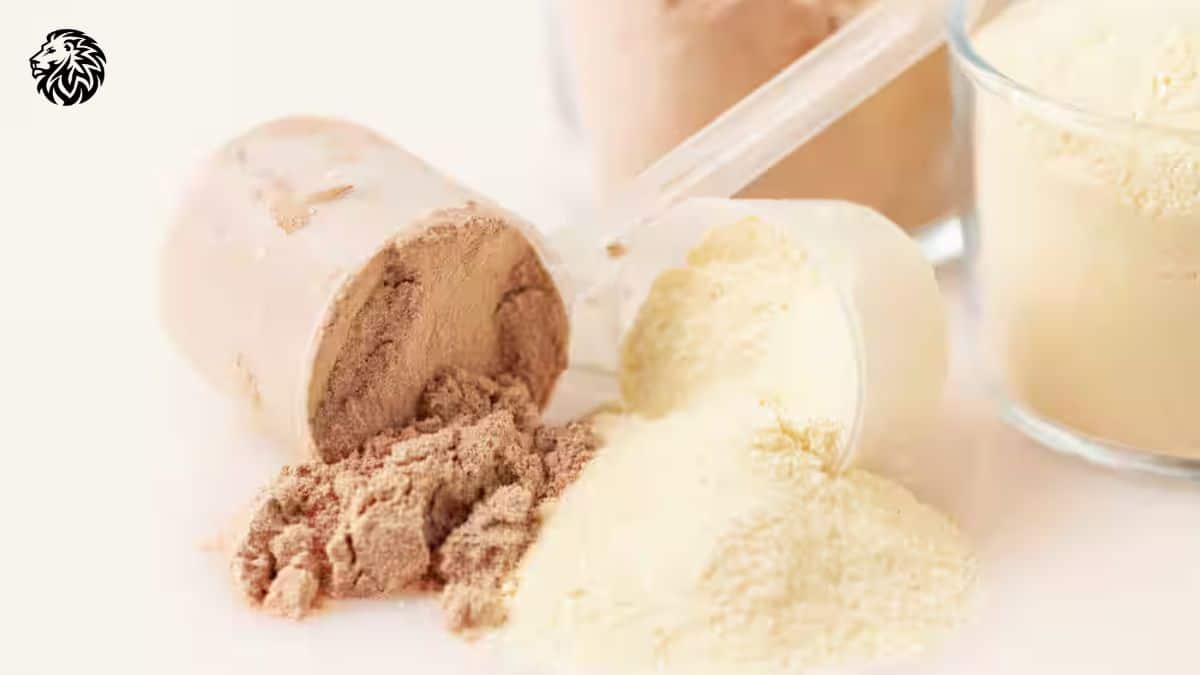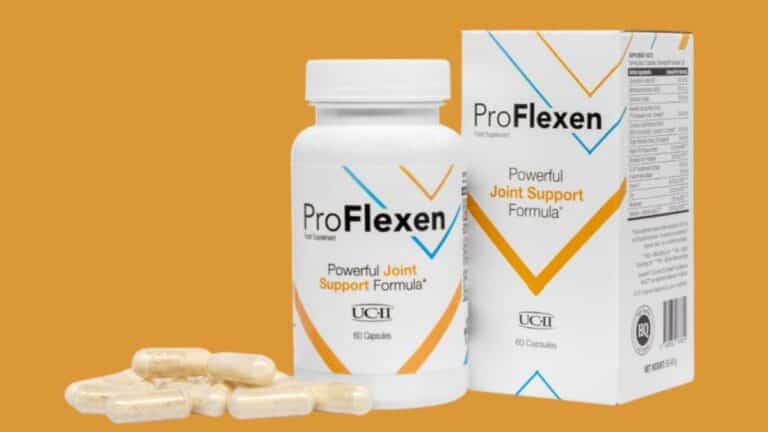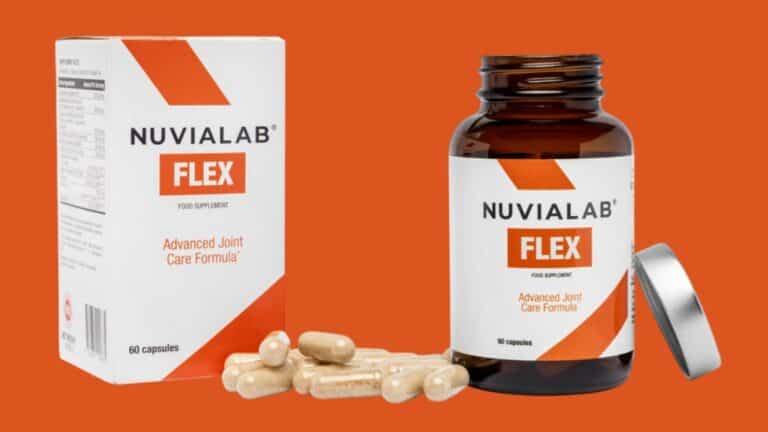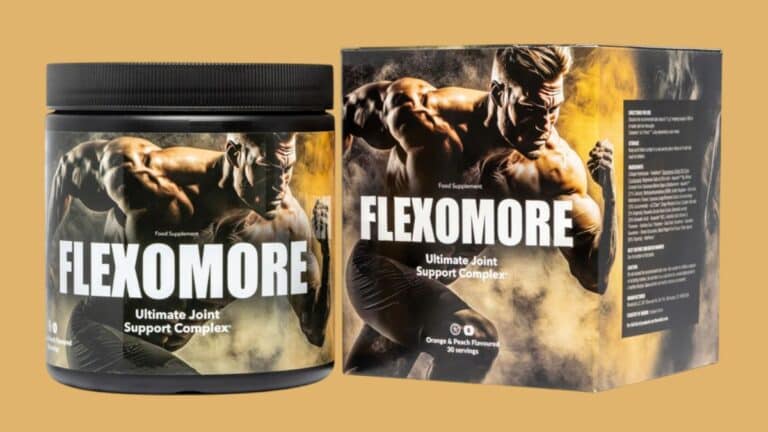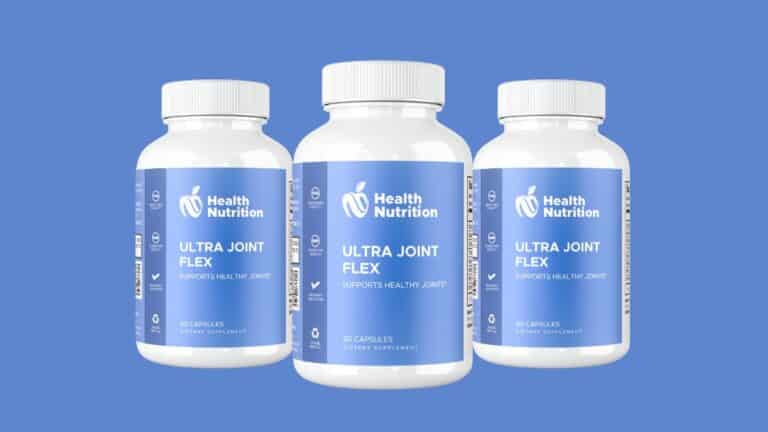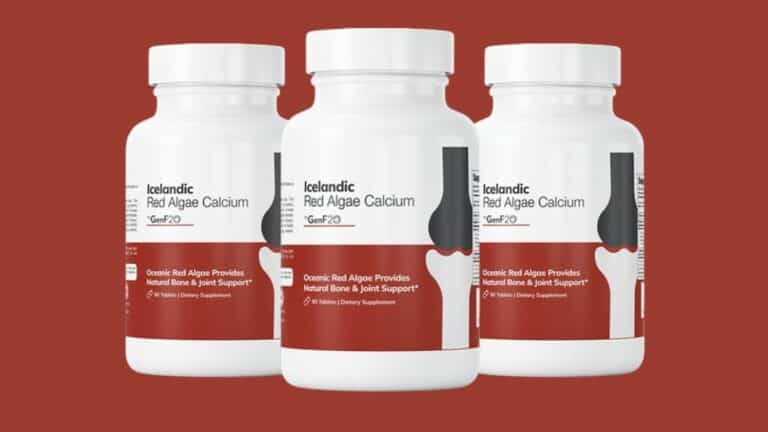Understanding Protein Powder
So, you want to drop some pounds, and protein powder might just be your sidekick. To see why it’s got such a rep, let’s first chat about what makes protein itself so darn important.
Why You Need Protein
Protein’s like your body’s multi-tasker—it keeps things working right. When shedding weight’s on the agenda, getting enough protein is key for your overall health.
Eat more protein, and you’re not as hungry. Yup, science backs this: Protein keeps you feeling full longer than carbs or fats do. That translates to eating less without feeling like you’re missing out. A 2016 study showed folks who munch on more protein feel fuller for longer. Handy when you’re trying to cut back on calories, right?
If you want to get the most bang for your buck, aim for meals with over 35 grams of protein. That’s shown to knock hunger out the park, curb snacking, and keep you satisfied (Appetite Journal).
Another perk? Protein’s your friend for muscle and metabolism. Pair it up with strength training, and protein helps build and keep those muscles, upping your calorie burn even when Netflix is calling. More muscle means more calories zapped at rest, helping you hit those weight-loss numbers.
| What Protein Does | Benefits You’ll Love |
|---|---|
| Controls Hunger | Makes you feel full, curbs eating |
| Builds Muscle | Boosts muscle growth, fires up metabolism |
| Weight Loss Hero | Keeps muscle intact, cranks up calorie burn |
Besides keeping the hunger monster at bay, protein’s great for keeping metabolism in check, helping you ditch fat without losing muscle. Protein shakes shine here, as they’re awesome for bumping up fullness hormones, so you’re not tempted by those mid-afternoon cookies (Healthline).
Different strokes for different folks, right? You can snag protein powders to fit your mission, whether that’s bulking up with the best protein powder for building muscle, sticking to your keto regime, or catering to women’s specific needs with protein powder for women.
Pair your protein with some power moves like a daily walk or lifting some weights, and you’re all set for weight loss (CDC). Plus, keep the healthy eats coming—say no to too much sugar, salt, or greasy stuff, and you’re on a steady path to shed those pounds.
Protein for Weight Loss
Throwing protein powder into the mix can give your weight loss journey a real boost. By learning what it does to your hunger and figuring out how much you should be socking away, you can make protein powder your new best friend in the weight loss game.
Protein’s Impact on Hunger
Protein is like that buddy who always keeps things steady. When you pack enough protein in your meals, you’ll find yourself feeling hungry less often. It’s better at keeping you full than carbs or fats, meaning less temptation to raid the fridge at all hours.
- Gobbling down a high-protein meal is like wearing a hunger shield for several hours. Taking in more than 35 grams at once? That’s where the magic really happens, quashing hunger and boosting fullness. Just ask the folks over at Healthline.
- A little study in 2015 found that older women who kicked off their day with a high-protein breakfast ate up to 135 fewer calories later, compared to those who played it light or skipped brekky. That’s a whole bunch of calories to me! Curious? Peek at Healthline.
Sneak high-protein ingredients like protein powder into your meals, and watch your appetite shrink while your calorie cutting muscles flex.
Effective Protein Intake Levels
To get the biggest bang for your burger buck with protein for weight loss, you gotta be savvy about how much you take in.
- High protein levels, combined with strength training, help you build muscle. And more muscle means a revved-up metabolism and energy boost – a knockout combo for shedding pounds (Healthline).
- But beware of too many protein shakes without tweaking your diet or gym routine, ’cause it might put the brakes on your weight loss. Balance is the name of the game! More on this from Mayo Clinic.
| Protein Intake | Effectiveness |
|---|---|
| <20 grams per meal | Barely pulls its weight |
| 20-35 grams per meal | Steps up with moderate hunger busters |
| >35 grams per meal | The heavyweight champ in fullness and appetite control |
Toss the right amount of protein into your chow, and you’ll find yourself satisfied, eating less, and on track with your weight loss dreams. Scope out different protein types like whey protein or other options to see what floats your boat. Check out our treasure trove of info like protein powder for seniors and protein powder for lactose intolerant to stay ahead of the pack.
Benefits of Protein Powder
Protein powder is like the trusty sidekick you want in your corner when shedding those extra pounds. It packs a punch for muscle growth and taming that hunger monster!
Muscle Mojo and a Fired-up Metabolism
Think of protein powder as your cheerleader for muscle gains. Pair it with some strength training, and see muscle growth. Muscle is like a calorie-burning engine – the more you have, the more calories you burn just by being you! That means better metabolism to back up your weight loss mission.
| Activity Level | Protein Needs per kg Body Mass |
|---|---|
| Couch Potato | 0.8 g |
| Movers & Shakers | 1.2 – 2.0 g |
According to Healthline, loading up on protein can even keep those hunger pangs at bay to help lose body fat without sacrificing muscle. So you can wave goodbye to excess baggage and flaunt a toned look. For folks with building lean muscle on the brain, peek at our piece on the best protein powder for muscle sculpting.
Shake Off Cravings with Protein Shakes
Here’s where things get real exciting: protein powders are pros at making you feel full and content. Chug down a protein shake, and it’s like waving a magic wand to release hormones that tell your tummy it’s satisfied and reduce your calorie cravings, as Healthline points out.
| Calorie Count | Ideal Protein Range (g) |
|---|---|
| Living on 1500 – 2000 cals/day | 68 – 82 g |
Some studies reckon getting 25% to 30% of your daily grub from protein works wonders for weight loss (Verywell Fit). That’s around 1–1.2 grams of protein per kg of your dream body weight each day. Throw in a yummy protein shake daily, and you’re tracking just fine.
Hunting for more appetite-taming tactics or want to up your tribe game? Scope out our article on protein powder for meal substitution.
Bottom line? Protein powder isn’t just sitting idle. It’s a muscle-builder, metabolism-fueler, appetite-quencher, and calorie-crusher – all wrapped in a single scoop. Bring it into your daily mix to smash those weight loss targets. For a deep dive into different protein powders and how they can change your life, check out whey protein powder perks and explore those out there without any yucky artificial sweeteners.
Types of Protein Powders
Thinking about which protein powder to try out? With so many options, finding one that matches your weight loss goals can be a bit daunting. Let’s break down four crowd favorites: whey, soy, pea, and hemp. Each one has its own quirks to fit your lifestyle and health ambitions.
Whey Protein
Whey protein is like the granddaddy of muscle-building, perfect for revving up your metabolism. It’s milk’s gift to us, arriving in two main forms: concentrate and isolate. Concentrate is packed with 78 to 88 percent muscle magic and comes with a tastier bang for your buck compared to the more refined (and pricey) isolate.
Here’s the lowdown:
| Type | Protein Content | Flavor | Cost |
|---|---|---|---|
| Whey Concentrate | 78-88% | Plenty yummy | Budget-friendly |
| Whey Isolate | 90%+ | Mild | A bit splurgy |
Wanna geek out on the nitty-gritty benefits? Visit our trusty guide on whey protein powder benefits.
Soy Protein
Soy protein’s like the Swiss Army knife for vegetarians and vegans. Full of all the good stuff you need to keep those muscles burning calories while you chillax. Now, some chatter suggests it might not be the best for certain health conditions, but it’s a strong contender for many.
Soy protein shines:
- Pros: Complete protein, good for muscle hold-up
- Cons: Some concerns for folks with estrogen-linked issues
If you’re curious about how this might fit into specific diets (like keto or women’s health), you can snoop around more at protein powder for women and protein powder for keto diet.
Pea Protein
Got a stomach that turns its nose up at everything? Meet pea protein, the friendly option that’s ever-so-kind on digestion. It doesn’t hit every amino acid checkmark but can team up just fine with another plant buddy for a complete fix.
Try mixing it with:
- Good partners: Rice or hemp protein
Here’s how it stacks up:
| Type | Protein Content | Amino Acid Completeness | Digestibility |
|---|---|---|---|
| Pea Protein | Moderate | Missing some | Super friendly |
Got smoothies in mind? Our tidbit on protein powder for meal replacement might come in handy.
Hemp Protein
Hemp protein, harvested from hemp seeds, isn’t just protein. It comes with a bonus: fibers and omega-3s. It may not punch as hard as others in the muscle department, but when paired with others, it fills the gaps nicely.
Hemp highlights:
- Pros: Fiber-rich, omega-3 powerhouse
- Cons: Lower protein punch, not the heavy hitter for muscles
For a custom fit to dietary needs, try digging into protein powder for lactose intolerant and protein powder without artificial sweeteners.
Picking a protein powder is kind of like speed dating for your diet—know what you’re looking for, test the waters, and find your perfect match to fuel your weight loss adventure.
Protein Powder Recommendations
Choosing the Right Protein Powder
Picking the right protein powder ain’t rocket science, but it does require a bit of thought. Here are the main players in the protein powder game and what they bring to the table:
- Whey Protein: The heavyweight champ of the muscle-building world. Whey comes in two forms: concentrate and isolate. Concentrate is like the life of the party—full of flavor and easy on the wallet. It’s packed with about 78% to 88% protein. Wanna know more? Check out whey protein benefits.
- Soy Protein: This one’s for the folks who are saying “no thanks” to lactose and animal products. Soy’s a solid option for muscle gains and trimming down too.
- Pea Protein: Perfect for vegans and vegetarians looking for a gentle-on-the-tummy option. It’s packed with iron and won’t cause the digestive drama like some other plant proteins. If lactose is a no-go for you, pea protein’s got your back (lactose-free protein powde).
- Hemp Protein: Packed with those good-for-you omega-3 and omega-6 fatty acids. Hemp’s like a love letter to your heart health.
Want more deets? Dive into our articles about protein powder for women, protein powder for keto diet, and protein powder for seniors.
Daily Protein Intake Guidelines
Getting your protein numbers right is a big deal when you’re on the weight loss train. How much you need can change depending on how much you move, your weight, and what you’re aiming for health-wise.
General Tips:
- Daily Value (DV): For most folks, 50 grams a day is the magic number, based on a 2,000-calorie diet. Thanks, Hy-Vee).
- Couch Potatoes: Aim for about 0.8 grams per kilo of your body weight.
- Active Beavers: You might need 1.2 to 2.0 grams of protein per kilo (Verywell Fit).
Protein Game Plan for Shedding Pounds:
| Activity Level | Protein Intake (grams per kg of body weight) |
|---|---|
| Couch Potato | 0.8 |
| Mildly Active | 1.2 – 1.4 |
| Super Active | 1.6 – 2.0 |
Effective Protein Intake Levels
Experts tell us that getting 25% to 30% of your daily calories from protein is a good move for touching base with those weight loss dreams (Verywell Fit). So, if you’re munching on 2,000 calories daily, about 500 to 600 of those should come from protein.
A quick peek at the numbers based on body weight:
| Body Weight (lbs) | Daily Protein Intake (grams) |
|---|---|
| 120 | 54 – 72 |
| 150 | 68 – 92 |
| 180 | 81 – 108 |
| 200 | 90 – 120 |
Shake up your diet plan with the right protein powders to hit your protein sweet spot. If you’re planning to skip a meal or need a little pick-me-up, visit us for insights on protein powder for meal replacement and protein powder for energy.
Getting your protein figures right will pave your way to shedding those extra pounds and living a healthier, happier life.
